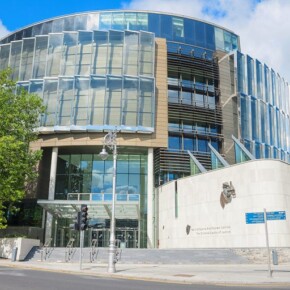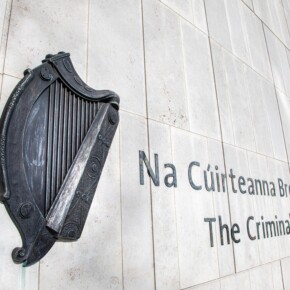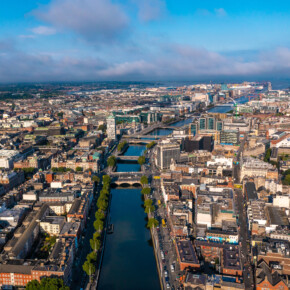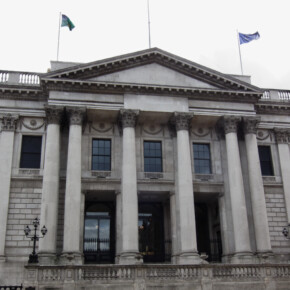Lessons to be learned from latest water crisis
Dublin People 23 Oct 2019
COMMENT: Tony McCullagh
IT WAS approximately 10pm last night before I realised that a boil water notice had been put in place for my area – five hours after the warning had been issued.
It had been a typically busy evening. We needed to ensure that the kids had their homework done early as they were heading out later for football training. Somewhere in between the usual scramble for clean gear and missing football boots, we had to prepare and eat dinner. There wasn’t a second to spare for Facebook or Twitter, let alone time to watch the news or listen to the radio.
I suspect we weren’t the only family so distracted by daily life that we missed the initial boil notice warnings issued at 5pm. Some of us drank tap water with our meal. Many of my colleagues also confirmed they were unaware of the notice for several hours.
It was bedtime before I had a chance to turn on the news or check social media. A neighbour had put up a Facebook post saying that our area was directly affected by the system failure at the Leixlip water treatment plant. I immediately ran upstairs and told my family not to drink the water they had brought up to their bedrooms. They had already brushed their teeth.
It was something of a perfect storm for Irish Water. Not only were they trying to crisis manage a situation where a record number of people were affected by a boil water notice, their website also crashed due to the volume of traffic from worried customers. Many shops reported panic buying of bottled water in scenes not witnessed since Storm Ophelia made the sliced pan our most precious commodity.
It is truly frightening that the public health of 600,000 citizens in our capital city and neighbouring counties was potentially put at risk by this unacceptable failure at Leixlip. Can we be assured it will never happen again? Probably not, in which case there needs to be a major review of how public health warnings are issued by the authorities.
In my view, it would have been preferable if the water supply to my home had been cut off as soon as the problem came to light. This approach, while drastic, would have prompted me to check social media or relevant websites to find out what was going on. It’s the same reaction we have when there’s a power cut – the first thing we do is go on our phones to see when we’re likely to be reconnected.
The inconvenience of having no water for a few hours is preferable to being oblivious to the potential health hazard we unwittingly exposed our families to. Local authorities may have done everything possible to get the message out as quickly and effectively as possible through social media, press releases and text alerts, but many householders were left in a communications vacuum for a number of hours.
There has to be a better way.











